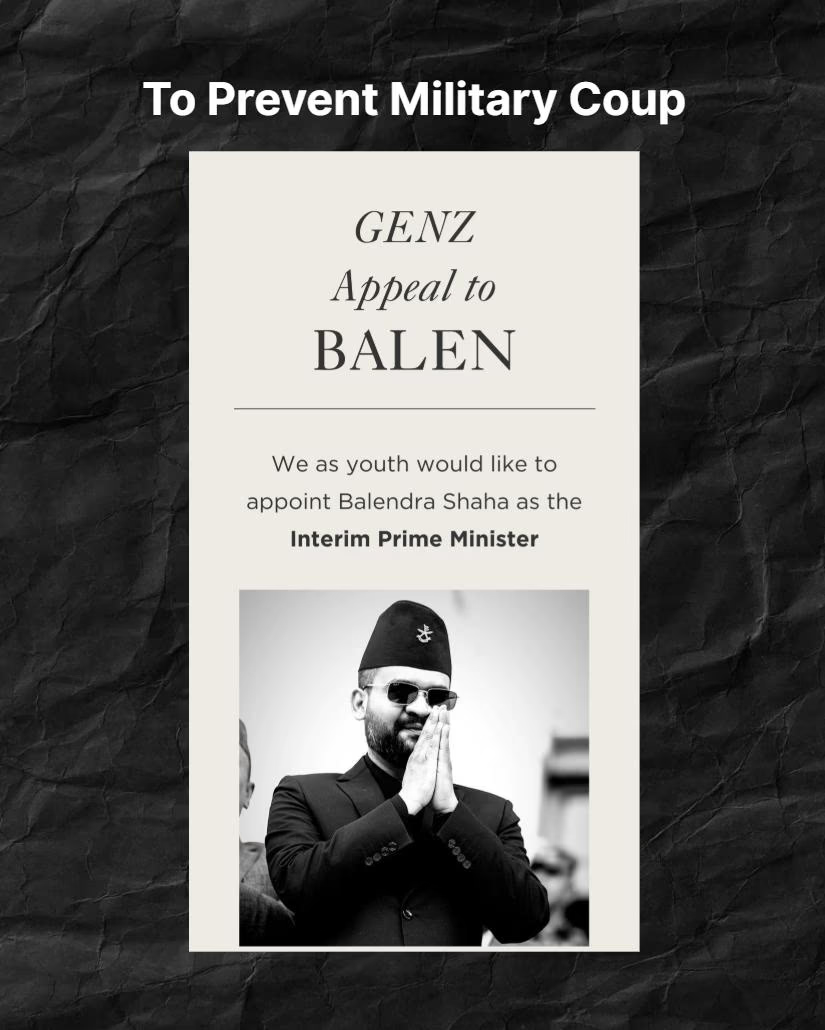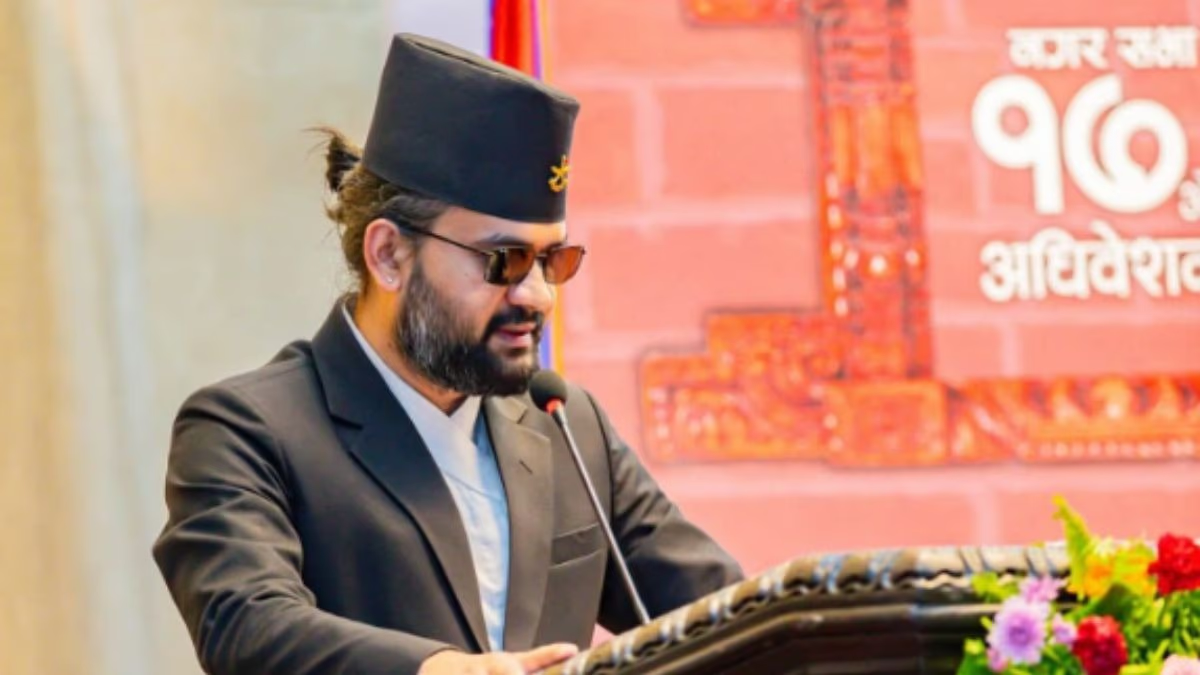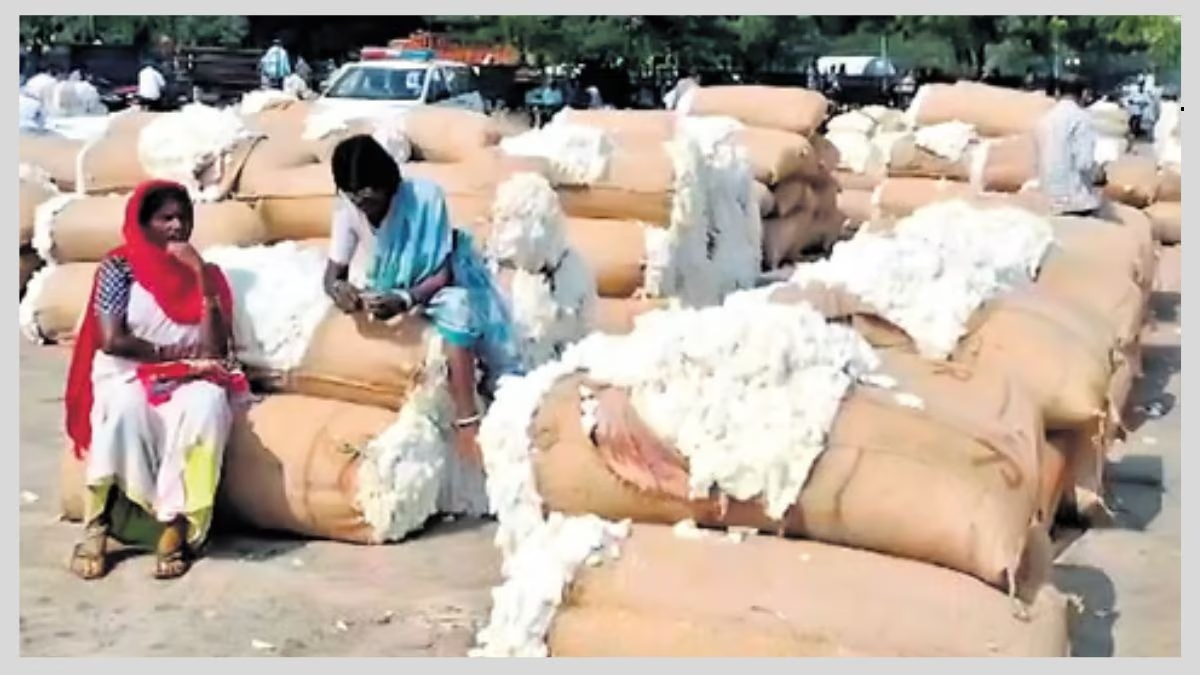Nepal is experiencing intense turmoil yet again. Hundreds of thousands of students and young people have taken to the streets, surrounding the parliament building. Even Prime Minister KP Sharma Oli is making preparations to leave the country. This disturbance has been named the Gen Z movement in Nepal, and central to these events is the name Balendra Shah, also known as Balen Shah.
Balen Shah is the mayor of Kathmandu and a popular figure among the youth in Nepal, making him distinct from other mayors who seldom engage beyond their municipalities. This prominence has put him at the heart of this significant movement in Nepal.

Source: aajtak
Acknowledged by Time Magazine
According to Nepal News, Balen's stature and influence can be gauged by his inclusion in Time Magazine's list of the Top 100 Influential People in 2023. Major media outlets like The New York Times have also reported on him.
Balen Shah boasts a massive following among young Nepali citizens. His social media posts frequently spark nationwide debates and trend rapidly. His lifestyle and style serve as a model for the youth, which made supporting this large movement an easy task for him.
From Engineer to Rapper to Mayor
Balen Shah commenced his career as a civil engineer and then ventured into rapping. Eventually, he decided to enter politics and ran for the position of Kathmandu's mayor, securing victory. His unexpected political rise, popularity among the youth, and their growing disillusionment with traditional political parties have made Balen a hero to the people.
Criticized Indian Cinema
In 2023, a film inspired by the Ramayana story, named 'Adipurush,' was released. Mayor Balen Shah of Kathmandu objected to certain dialogues in the film, demanding their removal. Failing this, he warned that no Indian films would be screened in Nepal and Kathmandu.
The hashtag #Nepokid began trending as a protest against the extravagant lifestyles of politicians' children. The government's heavy-handed response tried to control internet and social media usage, resulting in peaceful protests by Gen Z across the nation. The government's harsh reactions led to 20 deaths and hundreds injured nationwide, with 18 casualties in Kathmandu alone.
Throughout the movement, Balen expressed his full support. Recognizing him as a hero, the youth rallied around Mayor Balendra Shah of Kathmandu Metropolitan City against the government's crackdown on corruption and social media restrictions.
In a Facebook post, Shah expressed regret for being unable to participate due to the age restriction of under 28, yet emphasized the importance of their voices.
Shah stated, 'This rally is undoubtedly a spontaneous movement for the youth, whom I might seem old to. I want to understand their aspirations, objectives, and thoughts. Political parties, leaders, activists, MPs, and campaigners should not exploit this rally for their gain. Although I won't be there, I stand in full support of the protestors.'
The movement to have Balen take over leadership has intensified following PM KP Sharma Oli's resignation, prompted by Home Minister Ramesh Lekhak after at least 20 protestor deaths.
The youth are drawing comparisons between Balen and Nepal's top political figures, urging him to resign as mayor and lead the nation.
Reports from Nepal's MyRepublica Civic Network indicate a surge in Facebook posts urging Mayor Balendra Shah (Balen) of Kathmandu Metropolitan City to resign as mayor and assume national leadership. They argue that the leaders of the three traditional major parties have failed, and Balen should step forward to offer new direction.
On February 28, 2024, during another incident when Kathmandu Metropolitan employees faced unpaid salaries, Balen issued a sharp warning on Facebook. 'Who will fight, I don't know. If the salaries aren't paid by next week, I'll have them in pieces. We'll deal with your systems later.'
The ongoing contest between 34-year-old Mayor Balen of Kathmandu and 72-year-old Khadga Prasad Sharma Oli, a two-time Prime Minister and Nepal Communist Party (UML) chairman, has exacerbated into a severe crisis.
The root cause of this unrest lies in delayed salary payments for over 3,500 Kathmandu Metropolitan City employees, including teachers who have gone over four months without pay, publicly appealing to Balen for assistance.
Amidst the unpaid wages, nearly 200 salaried employees appointed via Labor Bank, responsible for cleaning temples and rivers, have prepared to quit their jobs. This crisis was fueled by the absence of a key administrative officer.
Mayor Shah's tussle over appointing a new officer saw him entangled with the federal government, triggering government resistance, stringent backlash from Balen, and eventually youth appeals for leadership in the movement.
As Kathmandu Metropolitan City began demolishing illegally constructed structures violating municipal regulations, the dispute between Balen and Oli emerged. When failed attempts to mediate with Balen arose, the municipal force was deployed to topple these unauthorized buildings.
The high-profile demolition involved a person associated with the Nepal Communist Party (UML). Within days, Mahesh Basnet, a UML central committee member, publicly threatened physical harm to Balen if his practices didn’t change.
The tension escalated further as Balen moved to evict illegal settlers on public lands, such as riverbanks. While some genuinely lacked housing, others, politically tied, ran businesses and high-rise buildings on encroached lands. These individuals included UML's core voters. Oli capitalized on the situation, accusing Balen of targeting the poor.
The latest catalyst for government-Balen disputes? Sidewalk expansion on New Road. When a ward chairman associated with UML opposed the project, UML-linked ministries ordered work cessation. In retaliation, Balen accused Oli of 'policy corruption' in the controversial Giri Bandhu Tea Estate land-swap scam. UML leaders retaliated by comparing Balen to a 'pup.' Oli dismissed Balen as a political 'bubble' that would soon burst.
This longstanding political confrontation between Balen Shah and KP Sharma Oli holds historical roots. Balen has consistently opposed governmental policies. Now, with the emergence of the Gen Z movement, Balen once again lent his full support, invigorating the protests and leading the youth to demand his leadership for the country.




